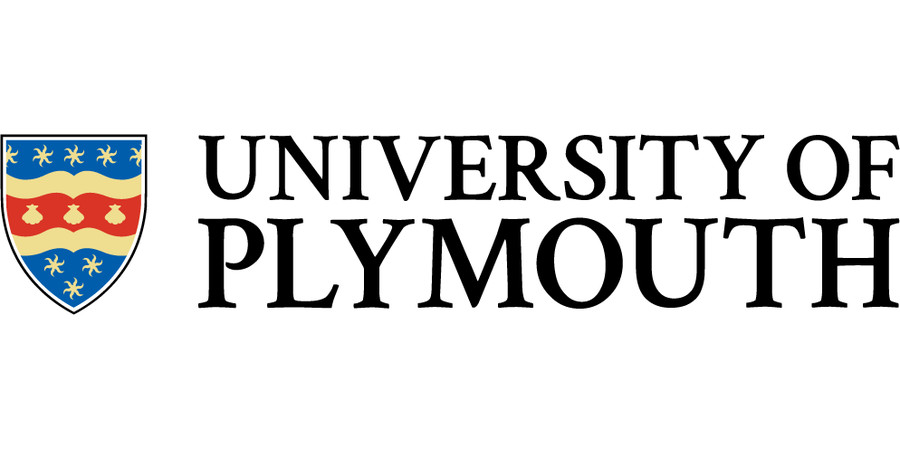PhD Studentship: PhD Medical Studies (Juri Na): ‘Investigating radiation-induced modulation of pro-tumorigenic cytokines in meningioma and macrophage co-culture system’, Peninsula Medical School (Faculty of Health) .
University of Plymouth
| Qualification Type: | PhD |
|---|---|
| Location: | Plymouth |
| Funding for: | UK Students, EU Students, International Students |
| Funding amount: | Stipend of £19,215 per annum (2025-26 rate) |
| Hours: | Full Time |
| Placed On: | 4th September 2025 |
|---|---|
| Closes: | 12th October 2025 |
DoS: Dr. Juri Na (juri.na@plymouth.ac.uk)
2nd Supervisor: Dr. Claire Adams (claire.adams@plymouth.ac.uk)
3rd Supervisor: Dr. Emanuela Ercolano (emanuela.ercolano@plymouth.ac.uk)
Applications are invited for a three-year PhD studentship.
The studentship will start on 1st Jan 2026.
Project Description
Surgical resection is the primary treatment for meningiomas, but radiotherapy (RT) is commonly used as first-line therapy in cases of incomplete resection, difficult tumour locations, or recurrence, especially since effective chemotherapy options are lacking. RT influences cytokine levels within the tumour microenvironment (TME), affecting immune cell signalling in ways that can either promote or inhibit tumour growth. While several clinical and preclinical trials have explored radioimmunotherapy, success has been limited. No immunotherapy for meningiomas has yet gained FDA approval, though early-phase trials targeting IFN-alpha and PD-1 have been conducted.
Emerging evidence highlights the crucial role of the immune TME, particularly macrophages, in meningioma progression and therapy resistance. Our previous study showed that recurrent meningiomas have elevated IL-6 expression, which further increased when meningioma spheroids were co-cultured with M2-polarised macrophages.
The impact of RT on cytokine signalling in this context remains unclear, as does how immune regulation contributes to treatment resistance or tumour progression. This represents a significant gap in scientific and clinical understanding.
Building on these findings, we hypothesise that RT modulates secretion of both pro-tumoral (e.g., IL-6, IL-10, TGF-beta) and anti-tumoral (e.g., IFN-gamma, TNF-alpha) cytokines within the TME under co-culture conditions. We plan to use a flow-based multiplex assay to profile cytokine changes post-RT, identifying those most significantly altered to better understand and potentially target immune interactions in meningioma.
Eligibility
Applicants should have a first or upper second class honours degree in an appropriate subject or a relevant Masters qualification.
If your first language is not English, you will need to meet the minimum English requirements for the programme, IELTS Academic score of 6.5 (with no less than 5.5 in each component test area) or equivalent.
The studentship is supported for 3 years and includes full Home tuition fees plus a stipend of £19,215 per annum 2025/26 rate. The studentship will only fully fund those applicants who are eligible for Home fees with relevant qualifications. Applicants normally required to cover International fees will have to cover the difference between the Home and the International tuition fee.
There is no additional funding available to cover NHS Immigration Health Surcharge (IHS) costs, visa costs, flights etc.
NB: The studentship is supported for three years of the four-year registration period. The fourth year is a self-funded ‘writing-up’ year.
If you wish to discuss this project further informally, please contact:
Dr Juri Na, juri.na@plymouth.ac.uk
To apply for this position please click on the Apply button above.
Please also see here for a list of supporting documents to upload with your application.
For more information on the admissions process generally, please visit our How to Apply for a Research Degree webpage or contact the Doctoral College.
The closing date for applications on 12 Oct 2025.
Shortlisted candidates will be invited for interview week commencing 20 Oct 2025 shortly after the deadline.
Advert information
Type / Role:
Subject Area(s):
Location(s):









